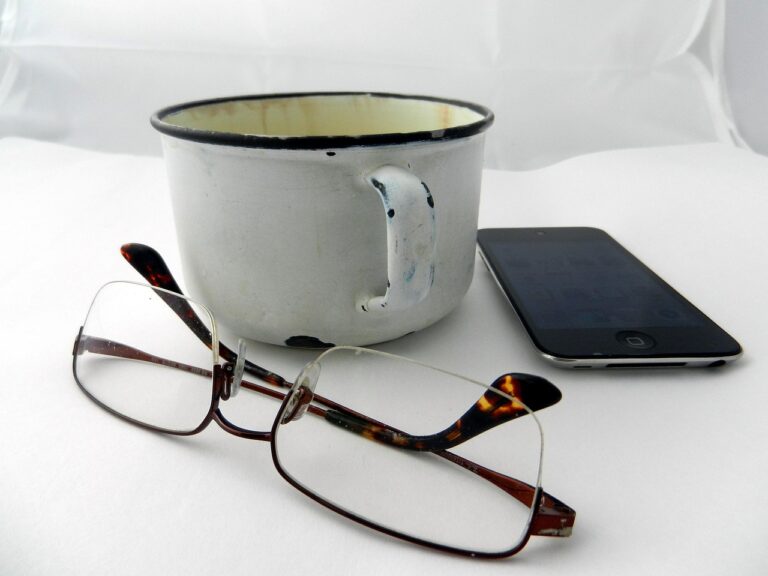The Importance of Practical Life Skills in Montessori Education: 247betbook, Radhe exchange login, World 777 id
247betbook, radhe exchange login, world 777 id: When it comes to Montessori education, the focus is not only on academic learning but also on the holistic development of a child. Practical life skills play a crucial role in Montessori education as they help children become independent, confident, and responsible individuals. In this blog post, we will discuss the importance of practical life skills in Montessori education and how they benefit children in the long run.
**What are Practical Life Skills?**
Practical life skills refer to the everyday tasks that adults perform, such as pouring a glass of water, zipping up a jacket, or tying shoelaces. In a Montessori environment, these skills are broken down into small, manageable steps that children can easily learn and master. By practicing practical life skills, children develop coordination, concentration, and problem-solving abilities.
**Why are Practical Life Skills Important?**
1. **Promote Independence:** Learning practical life skills empowers children to take care of themselves and their environment. They gain a sense of independence and are more willing to try new things.
2. **Build Confidence:** Mastering practical life skills boosts children’s self-esteem and confidence. They feel competent and capable of handling different tasks on their own.
3. **Develop Fine Motor Skills:** Activities like pouring, cutting, and sorting help children improve their hand-eye coordination and dexterity.
4. **Foster Responsibility:** When children are responsible for their own belongings and tasks, they learn to take ownership of their actions and develop a sense of responsibility.
5. **Encourage Respect:** Through practical life activities, children learn to respect themselves, others, and their environment. They understand the value of taking care of things and treating others with kindness.
**How are Practical Life Skills Taught in Montessori Education?**
In a Montessori classroom, practical life activities are an integral part of the curriculum. Teachers demonstrate tasks step-by-step, provide hands-on materials for children to practice with, and allow them to work independently. Children are encouraged to repeat activities until they master them and can move on to more challenging tasks.
**FAQs about Practical Life Skills in Montessori Education**
1. **At what age should children start learning practical life skills?** Children as young as 2 years old can begin learning basic practical life skills like pouring, scooping, and washing hands.
2. **How do practical life skills benefit children academically?** By improving their concentration, focus, and problem-solving abilities, practical life skills prepare children for academic learning and help them succeed in more complex tasks.
3. **Can parents reinforce practical life skills at home?** Yes, parents can encourage their children to help with daily tasks like setting the table, folding laundry, and watering plants to reinforce practical life skills learned at school.
In conclusion, practical life skills are essential in Montessori education as they help children develop important life skills and qualities that will serve them well in the future. By teaching children to be independent, confident, and responsible individuals, Montessori education lays a strong foundation for their lifelong success.







